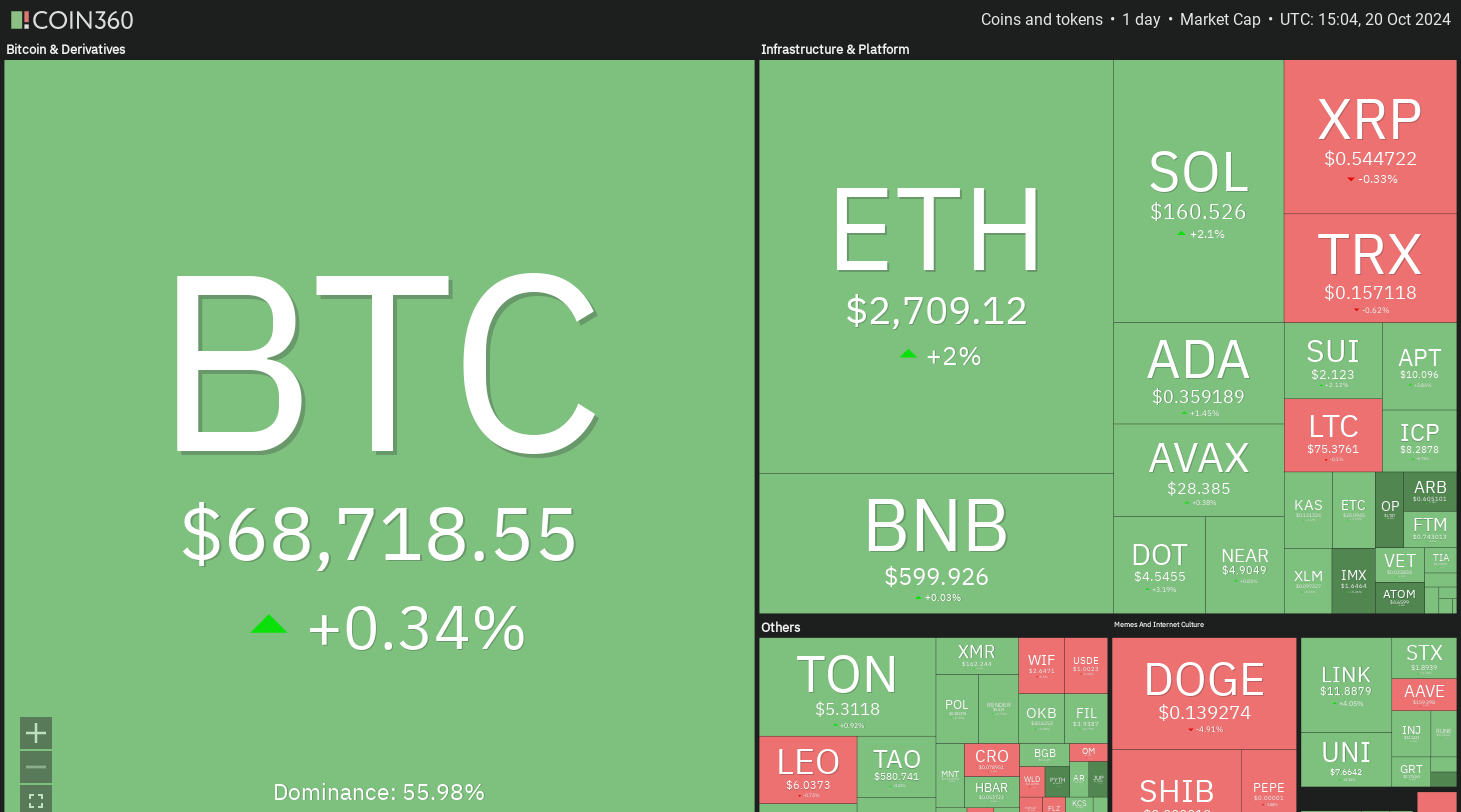SINGAPORE: Asian stocks broadly rose on Wednesday, while the dollar was steady as a softening U.S. labour market firmed up bets of a Federal Reserve interest rate cut in September and investors awaited crucial payrolls report later this week.
Worries about a cooling U.S. economy, however, kept a lid on risk appetite, while the focus in Asia remained on Indian markets, with stocks volatile on Wednesday after the plunge in the previous session as voting results showed a slimmer-than-expected victory margin for Prime Minister Narendra Modi.
MSCI’s broadest index of Asia-Pacific shares outside Japan rose 0.76%, although the Nikkei fell 1% as the renewed strength in Japanese yen weighed.
The buoyant mood is set to continue in Europe, with Eurostoxx 50 futures, German DAX futures and FTSE futures all up 0.5% ahead of PMI data from much of the region.
Data overnight showed U.S. job openings fell more than expected in April to the lowest level in more than three years, a sign that labour market conditions are softening.
The data emboldened bets of rate cuts this year, with markets pricing in 45 basis points of easing. Traders are also pricing in a 65% chance of a rate cut in September, compared with 46% a week earlier, CME FedWatch tool showed.
“I think there’s a strange trade off between those who like that data as encouraging thoughts of rate cuts and those who are looking at things going on and that are not great news,” said Rob Carnell, ING’s regional head of research for Asia Pacific.
“Asia wants to find a little bit of good news in the very mixed run out of numbers that we’re seeing.”
The market focus will now be on the U.S payrolls report due on Friday.
Benchmark 10-year note yields were at 4.3435% on Wednesday, after hitting an almost three-week low of 4.314 on Tuesday following the jobs data.
The dollar index, which measures the U.S. currency against six rivals, was steady at 104.21 but close to the near two-month low of 103.99 it hit on Tuesday.
The dollar’s relentless strength in the recent past will make way for minor weakness over the next 12 months, according to FX strategists in a Reuters poll, who generally agreed the dollar was overvalued.
“Beyond inflation data, however, bad news on growth is likely to remain straightforwardly bad news for the dollar unless recession concerns intensify,” said Daragh Maher, head of FX strategy for the U.S. at HSBC.
Dollar weakness helped the yen strengthen to a more than two-week high of 154.55 per dollar on Tuesday. On Wednesday, it weakened to 155.57.
In India, the Nifty 50 index struggled for direction in volatile trading after sliding nearly 6% on Tuesday, its worst session in four years, with foreign investors selling roughly $1.5 billion worth of shares.
Modi’s ruling Bharatiya Janata Party lost an outright majority in parliament for the first time in a decade and is dependent on its regional allies to get past the half-way mark required to run the world’s largest democracy.
That has stoked some uncertainty over economic policies, including a push for investment-led growth, which has been the cornerstone of the Modi government’s rule.
“While the BJP’s power may be diluted, it is still intact,” said Mark Matthews, head of research for Asia at Bank Julius Baer. “Momentum in the economy from the existing reforms is still strong and will not fade away.”
In commodities, oil prices flirted with four-month lows as traders weighed an OPEC+ decision to boost supply later this year and following an increase in U.S. crude and fuel stocks.
Brent crude futures were last at 77.49 per barrel, while U.S. West Texas Intermediate crude futures eased a bit to $73.19 a barrel. – Reuters
